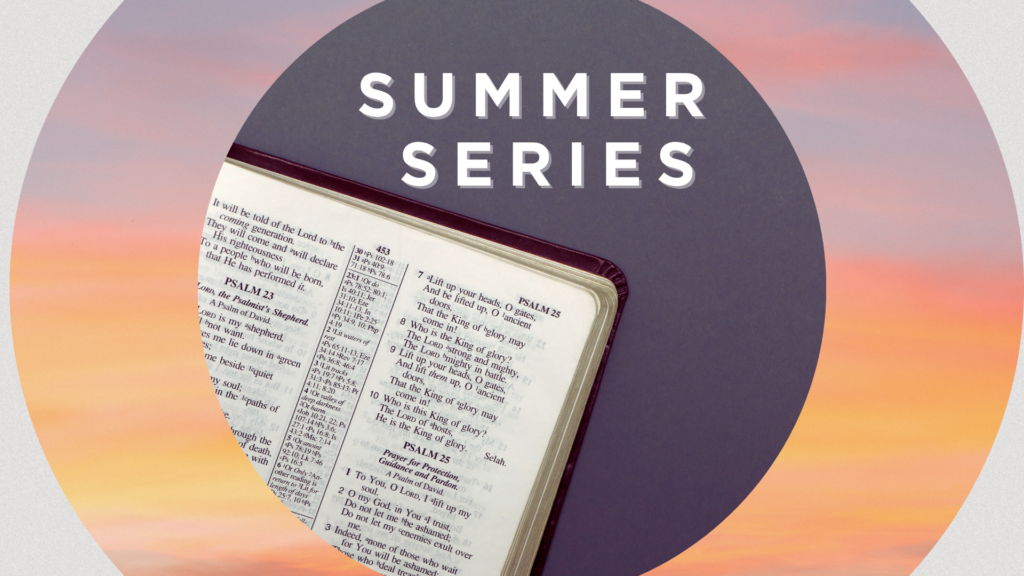8-24-2025
Philippians 2:5-11
Will Dyer concludes a series on the fundamentals of church, emphasizing that the ultimate goal of the church is to be all about Jesus. Drawing from Philippians 2:5-11, the speaker highlights that Jesus is both Savior and Lord. As Savior, Jesus reconciles humanity to God through his sacrificial death on the cross, demonstrating God’s ultimate love. As Lord, Jesus holds authority over all things, calling believers to live under his rule in every aspect of their lives. The church’s mission is to connect people to Jesus in all its actions, decisions, and initiatives. This understanding transforms individuals and the church, urging them to adopt the mind of Christ and live in alignment with his teachings. Will Dyer challenges listeners to reflect on how their lives and church activities connect to Jesus, encouraging them to embrace him as both Savior and Lord.


